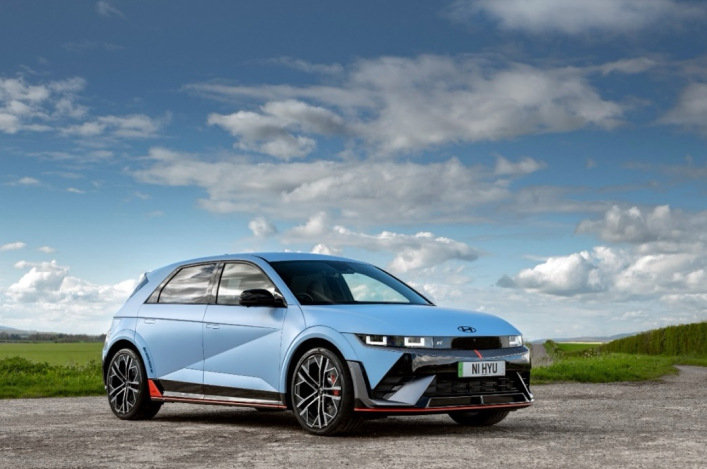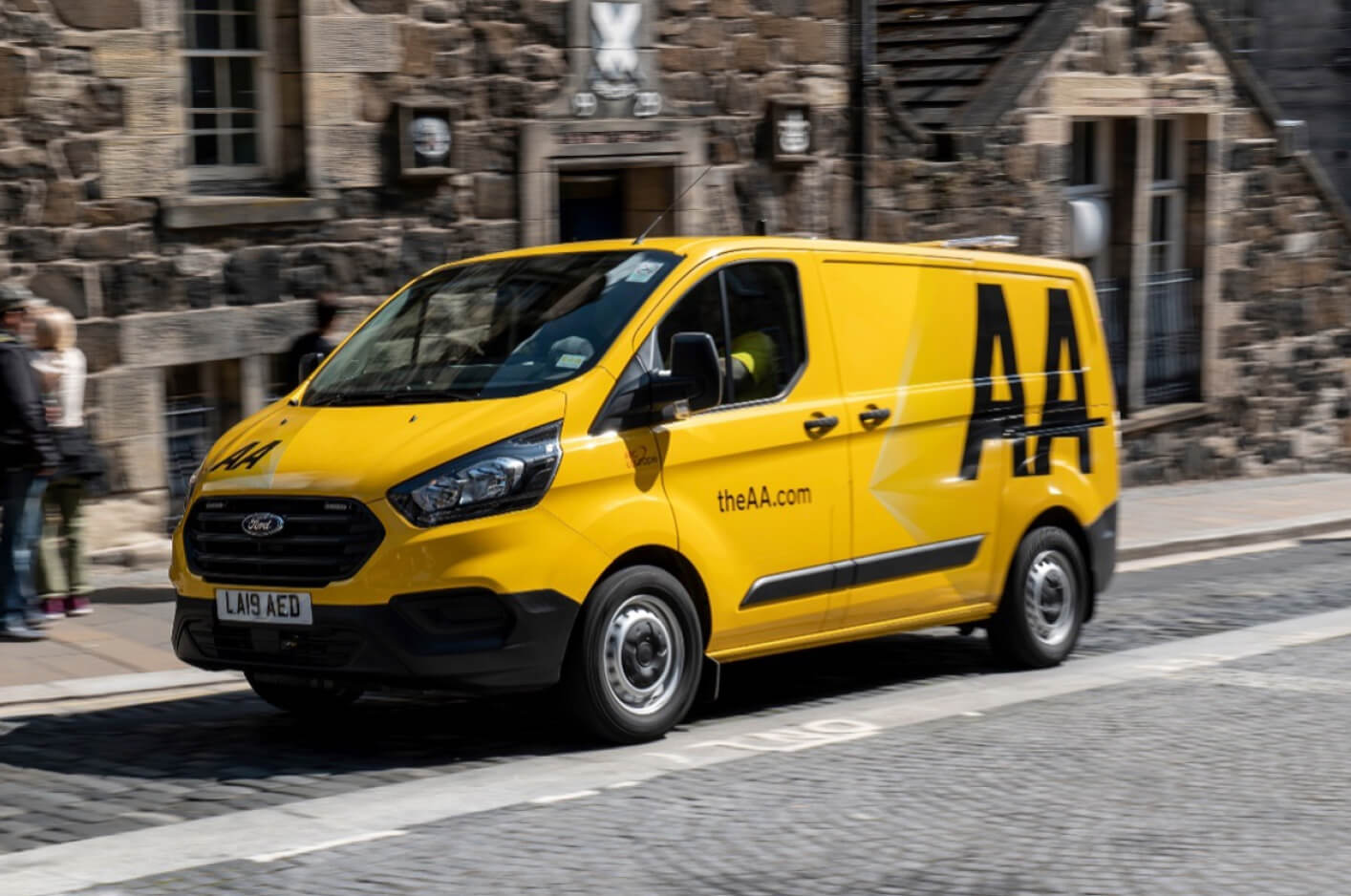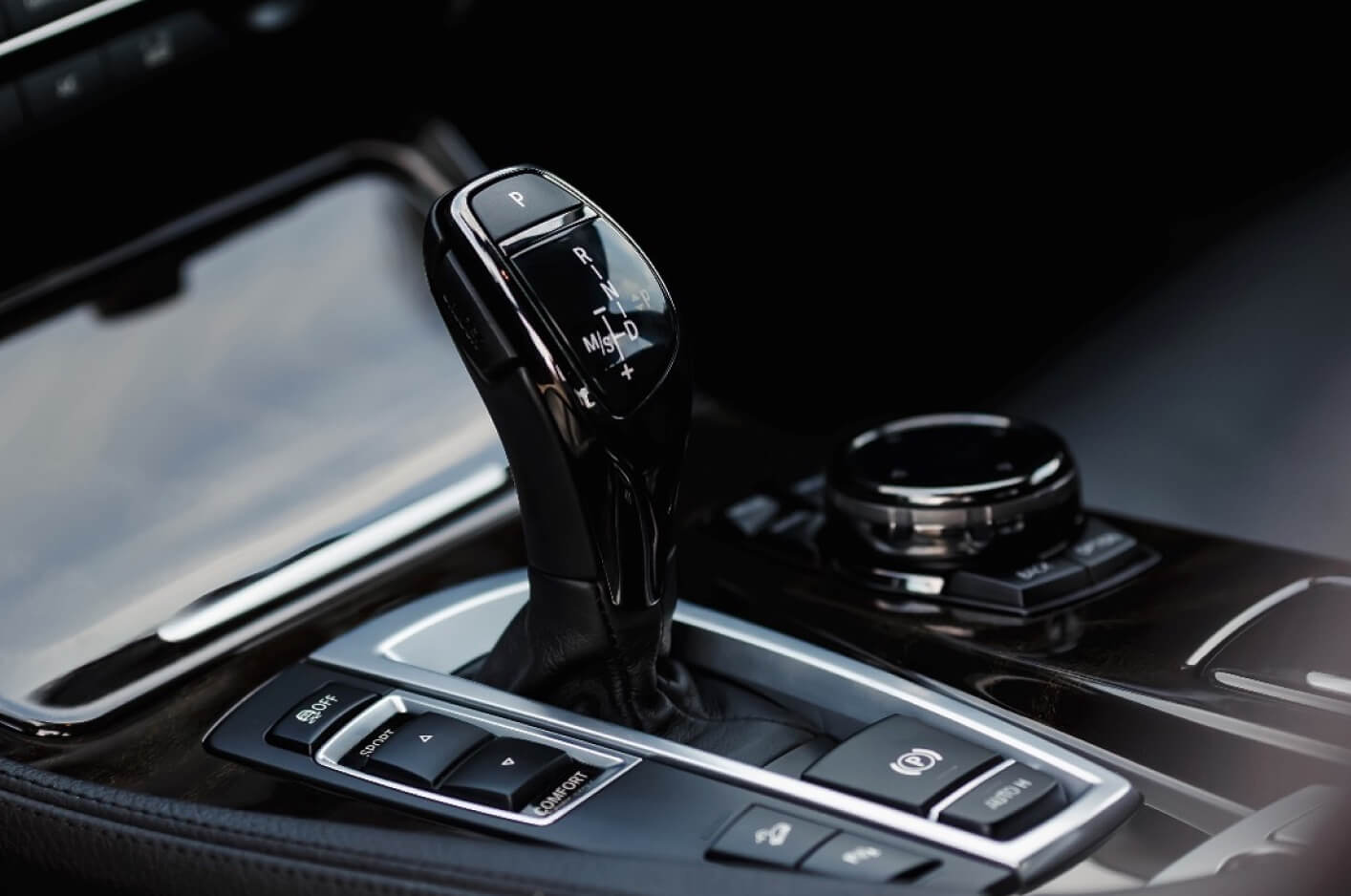10 June 2024
Fleets could face safety and cost issues due to acceleration rates of new EVs
Vehicle manufacturers are creating electric vehicles with much higher acceleration rates compared to internal combustion engine (ICE) cars and this could create fleet risk management and cost issues.

New EV hatchbacks and even some larger family cars, such as the 642bhp Hyundai Ioniq 5N and MG4 XPower, can accelerate from 0-60mph in around 3.5 seconds. These levels of performance have been unheard of in family vehicles until now.
EVs generally have faster acceleration than petrol cars. Even mainstream models like the Tesla Model 3, in its basic form, can go from 0-60mph in under six seconds. To date, the issue has been largely self-regulating, as drivers who use their EV's full performance potential often see a rapid decrease in range, leading them to drive more carefully.
However, the arrival of high-performance EV hot hatches at relatively affordable prices raises questions about their suitability for fleet use. These vehicles could pose significant risks if drivers exploit their performance capabilities on public roads. Alongside this, drivers are far more likely to need mechanical attention due to the heightened wear of brakes and tyres.
While fast cars have existed on public roads for years, overall numbers were minimal. The danger now lies in these high-performance vehicles becoming widely attainable, potentially attracting fleet drivers. This shift could introduce a new class of vehicles that may appeal to some fleet drivers, presenting both safety and financial challenges.


